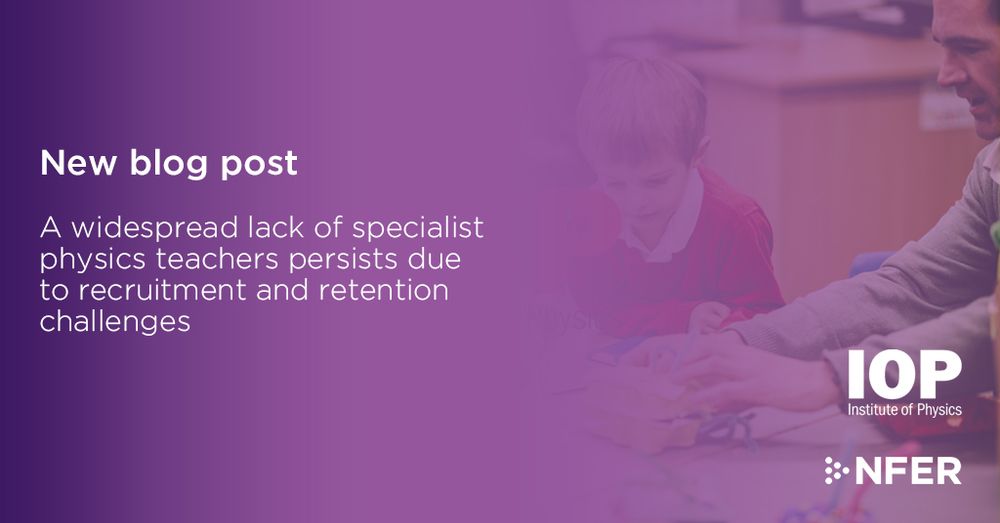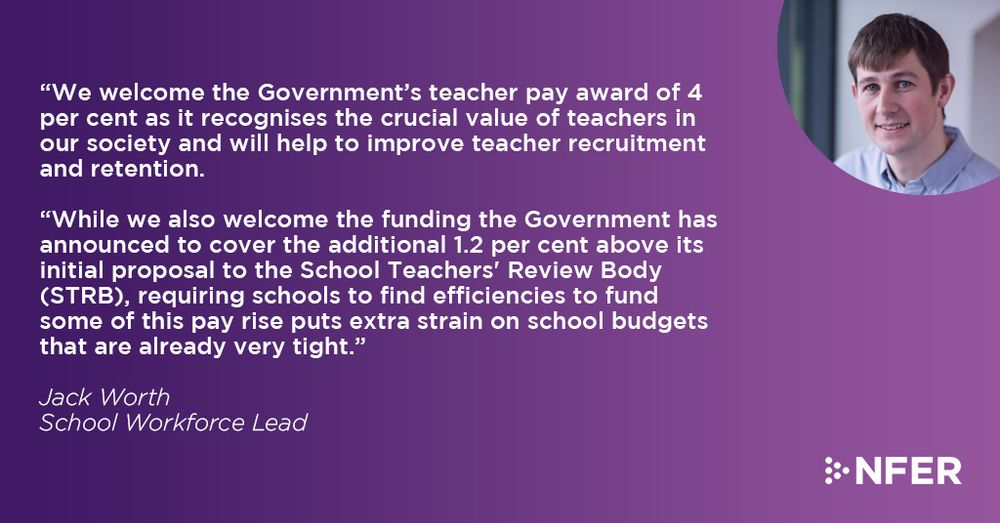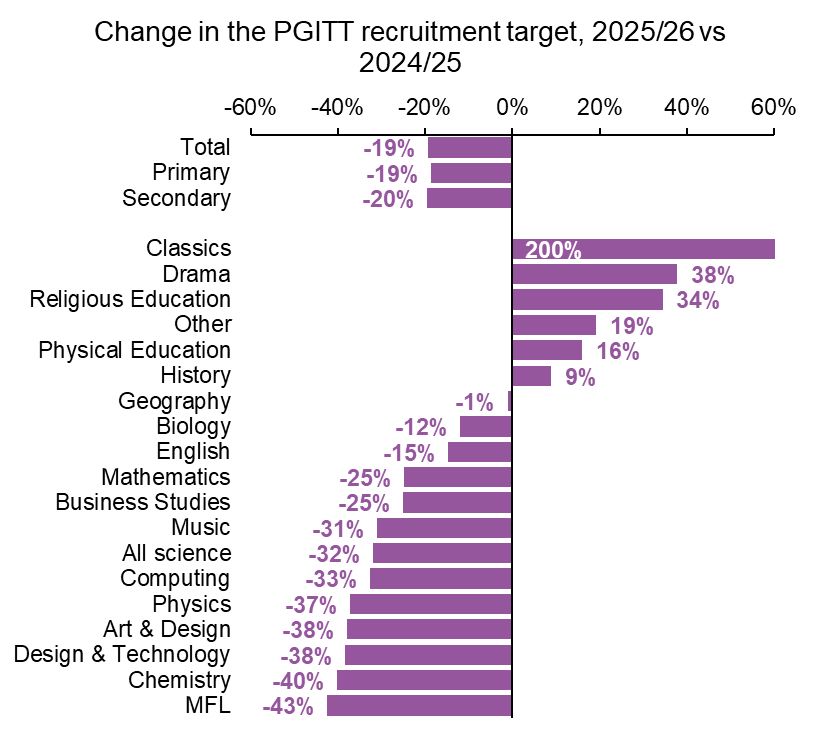Jack Worth
@jackworth.bsky.social
1.3K followers
540 following
110 posts
Education economist at NFER researching recruitment and retention in the education workforce
Posts
Media
Videos
Starter Packs
Reposted by Jack Worth
Reposted by Jack Worth
Reposted by Jack Worth
Reposted by Jack Worth
Jack Worth
@jackworth.bsky.social
· Apr 29
Jack Worth
@jackworth.bsky.social
· Apr 29
Reposted by Jack Worth
Jack Worth
@jackworth.bsky.social
· Apr 28



















